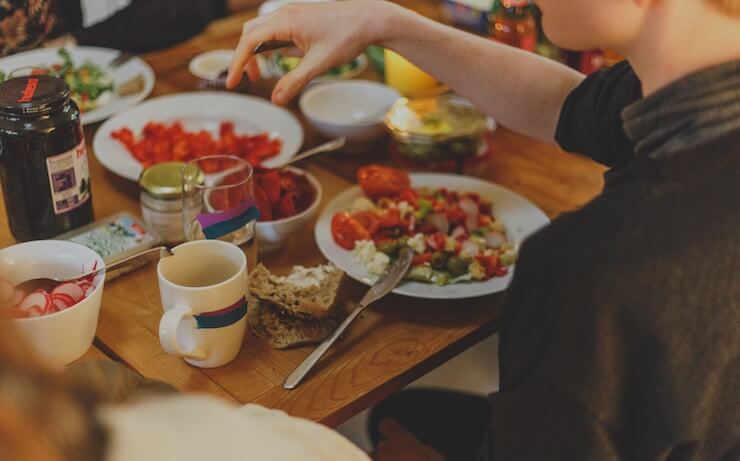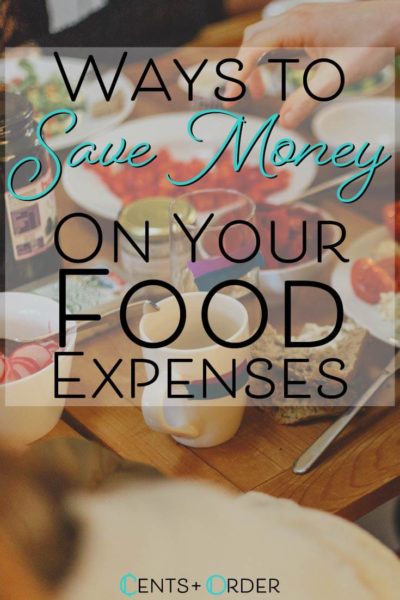While spending your hard-earned money on nice cars and going on shopping sprees will eat away at your remaining funds after you pay the necessary monthly bills, it may be time to look at your whole financial picture to see where you can maximize savings. After all, by the time you pay bills, have money for food, gas, then see what’s left for spending and savings, there may not be much left over. It’s important to cut back in all areas, but one way to take a closer look at your food budget would be to take a look at last month’s debit or credit card statement and see where every dollar is going, whether that’s going out to eat or grocery shopping, to give you a good idea of how much you’re spending, what you’d like to spend, and where you can cut back.
Avoid Going Out to Eat
Sure, it’s nice to go out to your favorite restaurant, order what you want, and have it prepared, served, and even be cleaned up afterwards while you head home to a clean kitchen, but that does come at a premium price. Whether you’re grabbing coffee and breakfast on the go in the morning, grabbing lunch at work, or stopping for carryout on the way home, if avoided by going grocery shopping and preparing meals at home, could see an immediate impact of savings, probably in the hundreds of dollars, every month.
Just Go Out for Appetizers
It may be a sacrifice when it comes to going out to eat, especially if you’re not one to cook, but take going out for a nice meal for instance, one where you order maybe an appetizer, salad, entrée, or even dessert, not to mention drinks, for a couple that can be a hundred dollars with tip, probably what you could spend at the grocery store for a week’s worth of food. I understand that it’s nice to go out and get out of the house, but maybe you could try eating at home first, then going out to get appetizers and drinks. At least that would save a significant portion of your bar or restaurant bill.
Never Leave Without a Shopping List
The grocery store can be overwhelming when you start to take the cart from aisle to aisle, which is probably why you always hear people say they ran in for milk or eggs and came out spending a hundred dollars. If you’re not prepared, it can be easy to make impulse purchases, not to mention forgetting the item you went in for in the first place, so it’s a good idea to take stock in your refrigerator and pantry and make a list of everything you need before you leave for the store, that way you can keep your head down, stick your list, and go in for only what you came for.
Don’t Go on an Empty Stomach
Speaking of impulse purchases, if you’ve ever gone to the grocery store on an empty stomach you know that everything sounds good when you’re hungry and you can start to load the cart with items you don’t need or aren’t good for you for that matter. If you can eat before you go shopping, you can get through the store with a clear head and only make the purchases that you need and maximize savings at the register.
Remember the Coupons
Now that we’re talking about savings at the register, the next time the cashier asks if you have any coupons or bottle slips you can make sure you have some to take off the total bill. While the days of getting the Sunday paper and clipping coupons may be over, but that doesn’t mean saving money is over too. It seems the amount of mail we get delivered has increased, so you can always find discounts there, not to mention if you look on your grocery store’s website, you can find digital coupons that you can load right on to your store card, although you may have to print out the list of coupons you have so you remember the items you have coupons for.
Shop During the Week
To save extra money, not to mention a little sanity, by shopping during the week you may be able to take advantage of extra incentives such as in-store promos and additional sales that you may not find on the weekend when the stores are packed anyways. By going during the week, you can get in and out without aisles being packed and lines at the register, which might be better than money.


